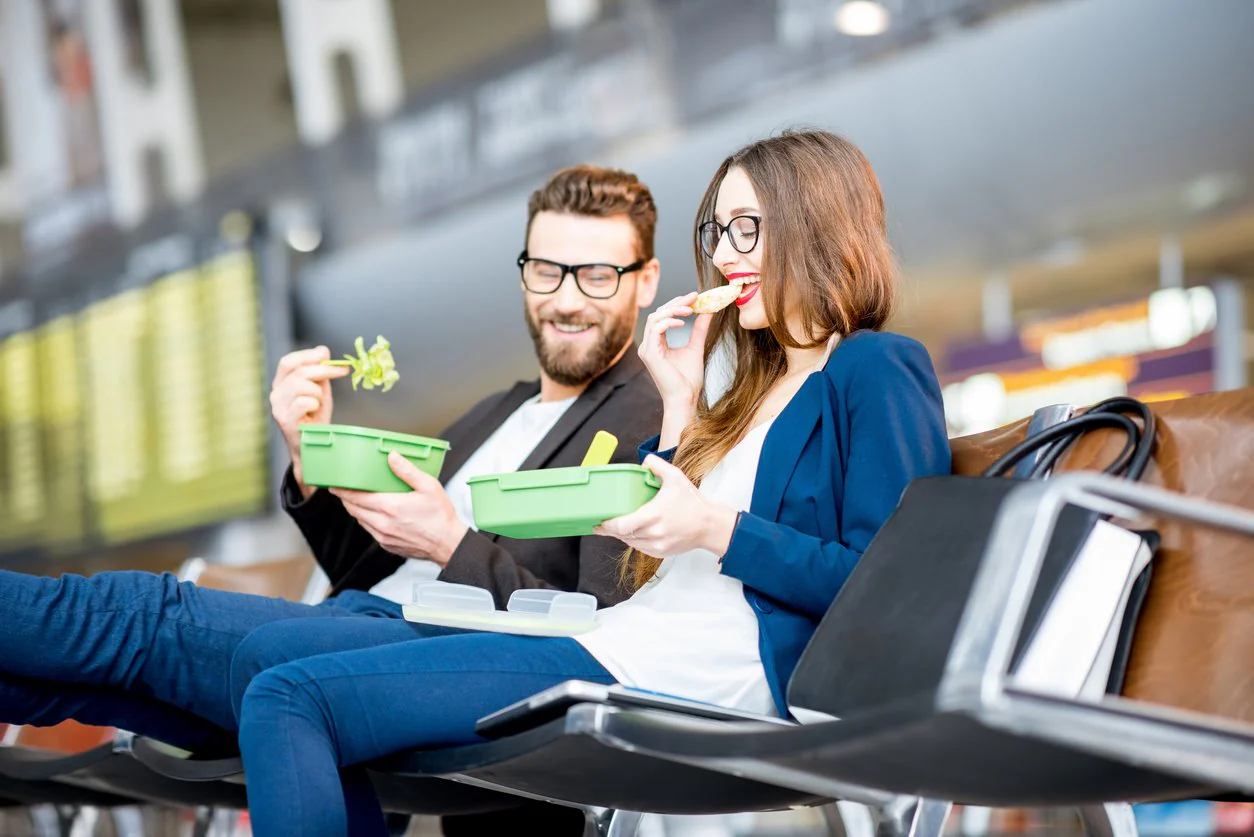
- Health advice
- May 07, 2014
How many times when you are travelling do you wish you had something to treat that blister, upset stomach or sleeplessness?
Whether you are travelling overseas or locally, cruising in luxury, trekking in the wilderness, glamping or camping, staying in one spot or moving around, a change to your internal and external environment can play havoc with your body and your mind.
Often a little standby first-aid support can ensure that your travels are more enjoyable. You need something that is effective, can be packed into a small case and simple to throw into your luggage, car or backpack.
What can I do to avoid any complications?
- Don’t drink local water – most accommodation places and travel companies provide bottle water. If trekking or camping be sure to carry your own supply of water or use water purifiers.
- Drink 1-2 litres of a trusted source of water per day to avoid dehydration.
- Avoid swallowing any water from the shower or local swimming pools and swimming holes.
- Wash teeth using bottled water only.
- Take care to eat food hygienically prepared. Sometimes the little off the beaten track markets look enticing but do be aware of how the food was prepared. Take caution with salads, ice and fruit washed in tap water.
- Avoid meats that may not have been stored in a refrigerator.
- Always use a natural hand washing gel before putting anything in your mouth.
- Cover up in the sun – a little prevention can save a lot of suffering.
- Protect against bites – sometimes it’s impossible to avoid infested areas. A chemical repellent is advised for tick infested areas as the only protection that will work over many hours. For everything else and to minimize your exposure to unnecessary chemicals, use a natural insect repellent, mosquito netting and suitable clothing. Avoid dark clothes as these can attract insects.
- Know the climate you are travelling to and ensure the correct clothing is packed.
- Learn first-aid basics.
What should you include in a basic first-aid kit?
There is nothing worse than losing your valuable holiday time and money to sickness. The following Travel First-Aid Essentials Kit can help with those everyday travel inconveniences to help you make the most of your holiday.- Probiotics – choose a strain that does not need to be kept in the fridge and preferably contains Saccharomyces boulardii species. Start taking one a day for 5 days before travelling and a couple of days after returning. If you start to get an upset stomach you can take up to 4 a day on divided doses. Once symptoms subside go back to just one a day.
- Ginger capsules – long known for its ability to relieve motion sickness. Ginger has antispasmodic and gas-relieving properties to soothe digestive upsets.
- Arnica gel or cream/Traumeel gel or cream – so handy to help relieve sore muscles, bruises, strains and sprains. Do not apply on broken skin.
- Arnica 6x or 6C homeopathic tablets or pillules – for jetlag and physical tiredness with aching muscles as a result of plane travelling (start taking the day before the flight). Take 3 to 4 doses during the flight and if needed for a couple of days after the flight. You may prefer a specific homeopathic jetlag formula. Arnica tablets/pillules can also be taken at the same time as you are using Arnica/Traumeel cream/gel externally for injury.
- Natural insect/mossie repellent – these can usually be purchased from your local health food store. (Remember, you may need stronger protection for tick infested areas).
- Tea-tree oil or wipes – for its anti-bacterial properties to use externally on cuts or fungal infections. (When packing tea-tree oil, take note, that like all other oils, it seems to be able to make its way out of the tightly sealed bottle. So pack wisely).
- Natural hand washing gel.
- Natural sunscreen.
- Aloe Vera gel for sunburn.
- Vitamin C/Zinc to support your immune system.
















